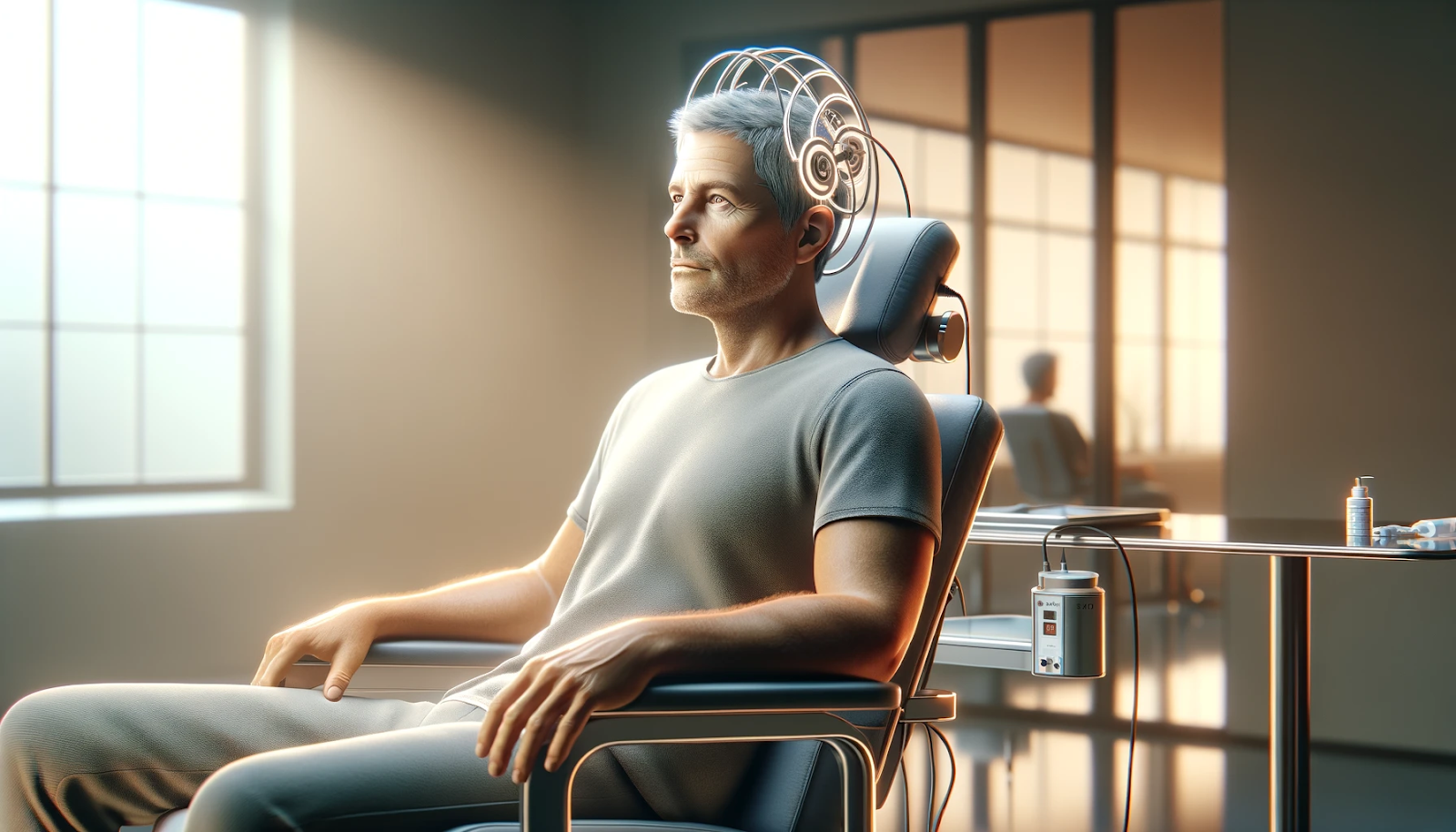Accelerating the Path to Remission: The Amazing Results of Accelerated TMS for Treatment-Resistant Depression
Philadelphia Integrative Psychiatry prides itself on being at the forefront of innovative psychiatric treatments that are both holistic and research-driven. Our practice is built on the philosophy that each patient is a unique individual, and our treatment plans are tailored to address the whole person, not just their symptoms. We are dedicated to integrating the latest scientific findings with a compassionate approach to care, ensuring that our patients benefit from the most effective and personalized treatments available.
Our commitment to cutting-edge research is exemplified by our interest in the latest developments in Transcranial Magnetic Stimulation (TMS). A recent study, "Stanford Accelerated Intelligent Neuromodulation Therapy for Treatment-Resistant Depression," by Eleanor J. Cole, Ph.D., and colleagues, has shed new light on the potential of accelerated TMS protocols. This study, published in the American Journal of Psychiatry, involved 22 participants with treatment-resistant depression who underwent an open-label SAINT protocol, targeting the left dorsolateral prefrontal cortex.
The findings of the research are remarkable. An astounding 90.5% of participants achieved remission, as indicated by a score of less than 11 on the Montgomery-Åsberg Depression Rating Scale (MADRS). Even when considering the intent-to-treat analysis, which includes all participants from the outset of the study, the remission rate stood at 86.4%. Notably, the SAINT protocol was well-tolerated, with no negative cognitive side effects reported, and one participant withdrew due to anxiety. Neuropsychological testing even showed improvements in cognitive inhibition.
The study's open-label design involved delivering a total of 90,000 pulses over five days, with the treatment specifically targeting the left dorsolateral prefrontal cortex based on individual functional MRI data. This high-dose, accelerated approach is a significant departure from traditional TMS protocols, which typically involve fewer sessions spread over several weeks.
While the results are promising, the authors of the study acknowledge its limitations, including a small sample size and the lack of a control group, which may affect the generalizability of the findings. They also emphasize the need for further research, including double-blinded sham-controlled trials, to confirm the efficacy of the SAINT protocol.
For Philadelphia Integrative Psychiatry, this research represents an exciting advancement in the treatment of treatment-resistant depression. The high remission rates observed with the SAINT protocol align with our holistic approach to care, offering a rapid and effective treatment option that can be integrated into a comprehensive treatment plan. This study underscores the potential of accelerated TMS to play a significant role in our holistic and research-backed approach to treating the whole person.

